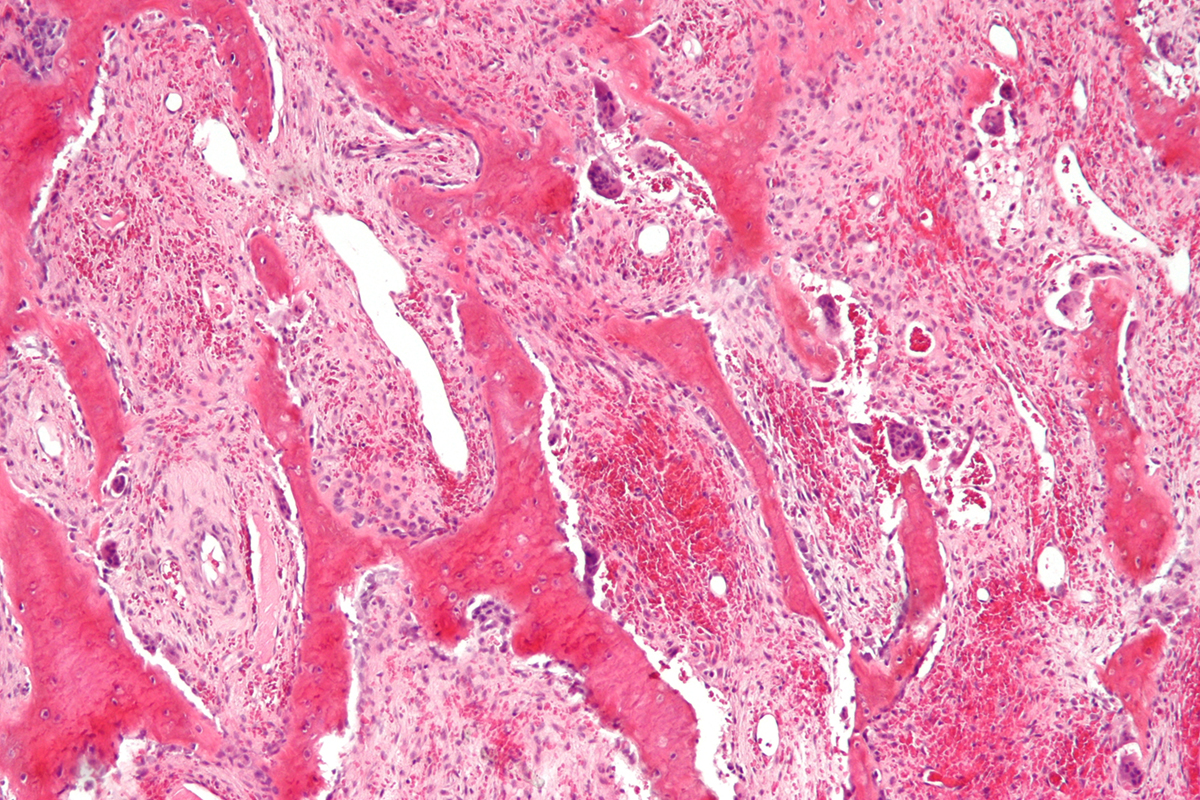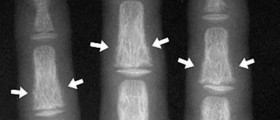
Introduction
Hypercalcemia is a medical condition that features with increased amount of calcium in the blood. Calcium is essential mineral for bones and it is also important for numerous body processes. Muscle contraction, hormone synthesis, release and adequate functioning of nervous system are only some of the processes that require sufficient intake of calcium. However, if it is present in amounts that exceed the defined level calcium may lead to serious conditions some of which are even potentially life-threatening.
Parathyroid glands are tiny little glands that are situated next to thyroid gland. These glands are in charge of calcium regulation. Excessive function of parathyroid glands is the most common cause of hypercalcemia. Still this is not the only condition that can result in increased level of calcium in blood. There are many more.
Regulation of Calcium
The proper regulation of the calcium is provided by two hormones, parathyroid hormone which is produced by parathyroid gland and calcitonin. Parathyroid hormone is produced in case that there is not enough calcium in the blood. This way calcium in blood can be increased either by release of calcium from the bones or by enhanced absorption of calcium in intestines. Even kidneys can be engaged and excrete less calcium. On the other hand, if the level of calcium is above normal method of feedback affects parathyroid gland and the production of parathyroid hormone is reduced. And finally if the levels of calcium are way too high thyroid gland synthesizes and releases calcitonin and this hormone prevents excessive loss of calcium from the bones.
Causes of Hypercalcemia
Apart from hyperparathyroidism hypercalcemia can be caused by a variety of other medical conditions.
Cancers are only one of the causes. Certain cancers such as breast and lung cancer may lead to increased level of calcium. Hypercalcemia can also occur in case of multiple myeloma. The tumor may produce a specific protein that resembles parathyroid hormone and this product can increase the transfer of calcium from the bones into the blood. Even in case of osteolytic bone metastases the level of calcium is increased.
Hypercalcemia is common in granulomatous diseases such as tuberculosis and sarcoidosis. There is even one pretty rare but possible genetic disorder called familiar hypocalciuric hypercalcemia which also features with increased level of calcium.
Side effects of certain medications may include hypercalcemia. One of these drugs is lithium. Thiazide diuretics are another group of medications that can lead to hypercalcemia.
Over-supplementing with calcium or vitamin D can result in increased level of calcium in the blood.
And finally, if body is suffering from dehydration calcium may be only temporary increased.

















Your thoughts on this
Loading...